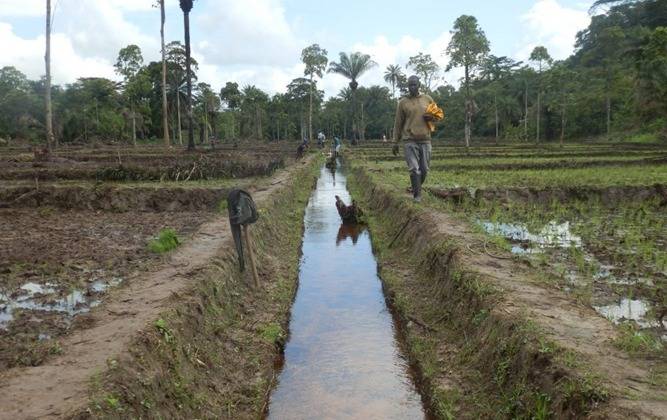In the face of growing climate challenges and a rapidly expanding population, Pakistan needs to prioritize enhancement of its canal and irrigation systems, reports WealthPK.
“The country’s agricultural sector, a vital pillar of the economy, relies heavily on these systems. However, outdated infrastructure and inefficient water management have left the sector vulnerable to the impacts of climate change, including unpredictable rainfall patterns, water scarcity, and flooding,” Associate Prof M. Ibrahim from the Sindh Agriculture University, Tandojam, told WealthPK.
Pakistan’s irrigation system, one of the largest in the world, supports approximately 90% of the country’s agricultural production. Despite its scale, the system faces significant inefficiencies due to siltation, outdated canal structures, and poorly maintained watercourses.
He said without immediate modernization, the country risked severe setbacks in agricultural productivity, which could exacerbate food insecurity and economic instability.
He added, “Pakistan’s current irrigation infrastructure can’t handle the increasing variability in water availability due to climate change. To safeguard our agricultural output, we must invest in modernization of canal networks, efficient water distribution systems, and advanced irrigation techniques.”
Enhancing canal and irrigation systems would not only improve water distribution but also enhance the resilience of Pakistan’s agriculture to climate-induced stresses. By adopting more efficient water management practices, such as drip irrigation and laser land levelling, Pakistan can reduce water wastage and ensure that crops receive the necessary amount of water, particularly during dry spells.
One of the promising techniques is drip irrigation. This method involves precise application of water directly to the base of plants, which minimizes wastage and ensures optimal moisture levels for crops. By utilizing a network of tubes and pipes, drip irrigation not only conserves water but also promotes water-use efficiency, making it a game-changer for regions with erratic rainfall.
The government should increase investment in irrigation infrastructure, including the rehabilitation of existing canals and construction of new ones, he said. He also called for greater collaboration between the federal and provincial authorities to ensure effective implementation of water management policies.
Furthermore, public awareness campaigns are needed to educate farmers about the benefits of modern irrigation techniques and importance of water conservation. Providing the farmers with access to affordable technologies and training will be crucial in achieving widespread adoption of these practices.
In this regard, the Sindh government is working to restore natural waterways to manage rainwater disposal in view of 2022 floods and the ongoing impact of climate change.
During a meeting with the Netherlands ambassador recently, Sindh Chief Minister Murad Ali Shah emphasized the need to enhance the canal system, irrigation network, and drainage system to mitigate damage from flash floods or riverine floods.
Images are for reference only.Images and contents gathered automatic from google or 3rd party sources.All rights on the images and contents are with their original owners.



Comments are closed.